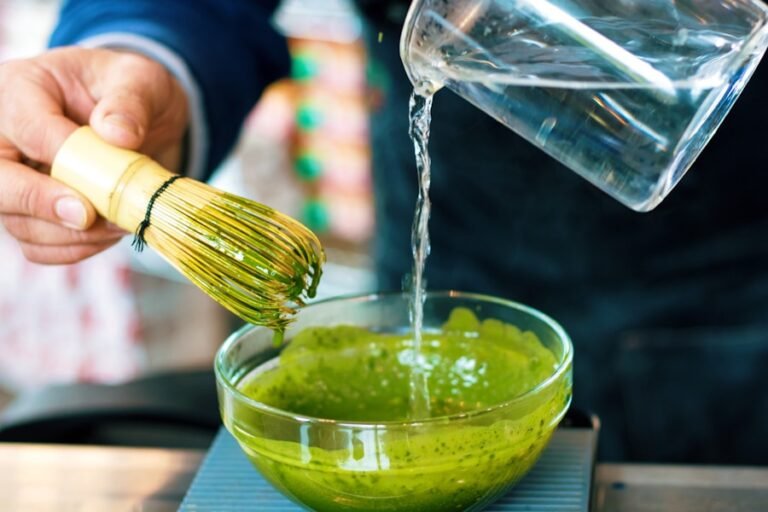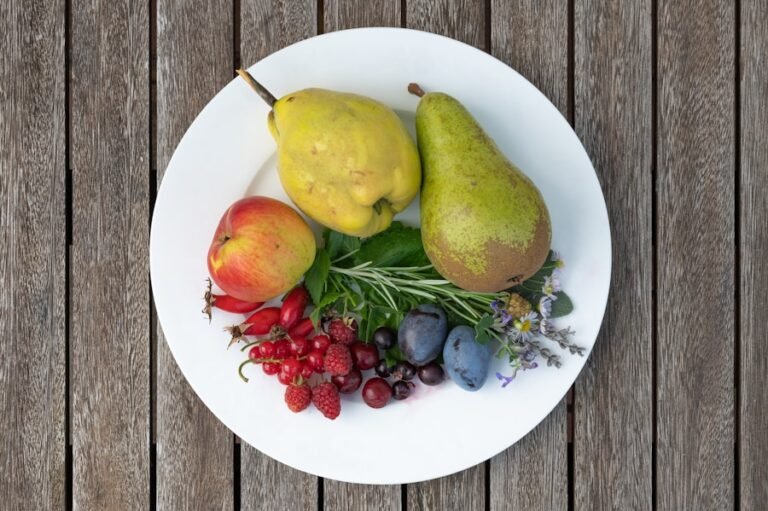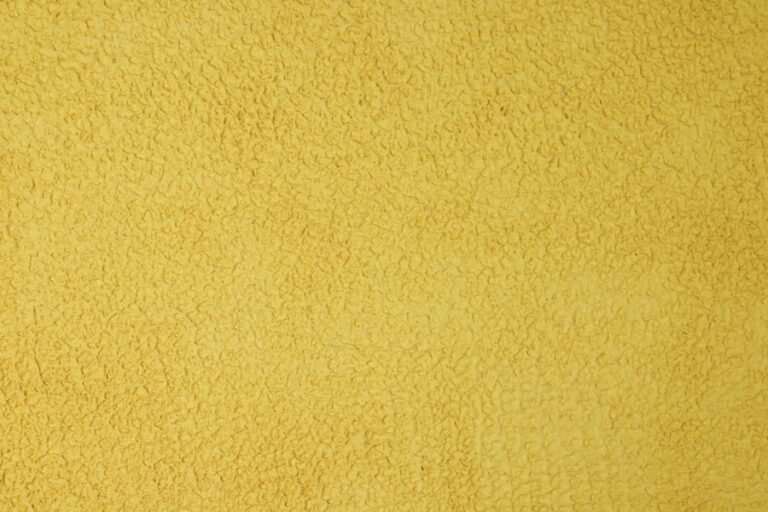Debunking Myths: Can Home Remedies Really Transform Your Hair?
Home remedies for hair have been used for centuries as a natural and cost-effective way to maintain healthy and beautiful hair. These remedies often involve using common household ingredients such as oils, fruits, and herbs to address various hair concerns such as dryness, dandruff, and hair loss. Many people turn to home remedies as an alternative to commercial hair products, which can be expensive and may contain harsh chemicals. While home remedies are not a substitute for professional hair care, they can be a great addition to a regular hair care routine. In this article, we will explore the common myths, scientific evidence, benefits, and risks of using home remedies for hair, as well as popular remedies and tips for using them effectively.
Common Myths about Home Remedies for Hair
There are several common myths surrounding home remedies for hair that can lead to misconceptions about their effectiveness. One of the most prevalent myths is that home remedies are not as effective as commercial hair products. While it is true that some home remedies may not work for everyone, there is scientific evidence to support the effectiveness of many natural ingredients for hair care. Another myth is that home remedies are time-consuming and difficult to prepare. In reality, many home remedies can be easily made with ingredients found in the kitchen and require minimal preparation time. Additionally, some people believe that home remedies are only suitable for certain hair types or concerns, when in fact, there are a wide variety of remedies that can address a range of hair issues. It is important to separate fact from fiction when it comes to home remedies for hair in order to make informed choices about their use.
Scientific Evidence behind Home Remedies for Hair
While some may view home remedies for hair as old wives’ tales, there is actually scientific evidence to support the use of certain natural ingredients for hair care. For example, coconut oil has been shown to penetrate the hair shaft and reduce protein loss, making it an effective treatment for dry and damaged hair. Aloe vera has also been found to promote hair growth and reduce dandruff due to its anti-inflammatory and moisturizing properties. Additionally, studies have demonstrated the benefits of using essential oils such as peppermint and lavender for stimulating hair growth and improving scalp health. These findings highlight the potential of home remedies for hair as a viable option for maintaining healthy and beautiful hair.
Benefits and Risks of Using Home Remedies for Hair
There are several benefits to using home remedies for hair, including their natural ingredients, cost-effectiveness, and versatility. Many natural ingredients used in home remedies are rich in vitamins, minerals, and antioxidants that can nourish the hair and scalp without the use of harsh chemicals. Home remedies are also often more affordable than commercial hair products, making them accessible to a wider range of people. Additionally, home remedies can be tailored to individual preferences and needs, allowing for a personalized approach to hair care. However, there are also risks associated with using home remedies for hair, such as allergic reactions or adverse effects on certain hair types. It is important to be aware of these risks and perform a patch test before using any new home remedy to ensure safety and effectiveness.
Popular Home Remedies for Hair and Their Effectiveness
There are numerous popular home remedies for hair that have been used for generations and have stood the test of time. One of the most well-known remedies is the use of olive oil as a deep conditioning treatment to moisturize and strengthen the hair. Another popular remedy is the use of apple cider vinegar as a natural clarifying rinse to remove product buildup and restore shine to the hair. Additionally, egg masks are often used to nourish and strengthen the hair due to their high protein content. These remedies have been praised for their effectiveness in addressing various hair concerns and are widely used by people seeking natural alternatives to commercial hair products.
Tips for Using Home Remedies for Hair
When using home remedies for hair, there are several tips to keep in mind to ensure their effectiveness and safety. It is important to research and understand the properties of each ingredient before using it on the hair to avoid any adverse reactions. Additionally, it is recommended to perform a patch test on a small area of skin before applying a new home remedy to the entire scalp or hair to check for any allergic reactions. It is also important to follow the instructions for preparing and applying the remedy carefully to achieve the desired results. Lastly, consistency is key when using home remedies for hair, as it may take time to see noticeable improvements in the condition of the hair.
Making Informed Choices for Healthy Hair
In conclusion, home remedies for hair can be a valuable addition to a regular hair care routine due to their natural ingredients, cost-effectiveness, and potential effectiveness. While there are common myths surrounding their use, scientific evidence supports the benefits of many natural ingredients for maintaining healthy and beautiful hair. However, it is important to be aware of the potential risks associated with using home remedies and take precautions to ensure their safety and effectiveness. By making informed choices and following best practices for using home remedies for hair, individuals can enjoy the benefits of natural and holistic hair care.







